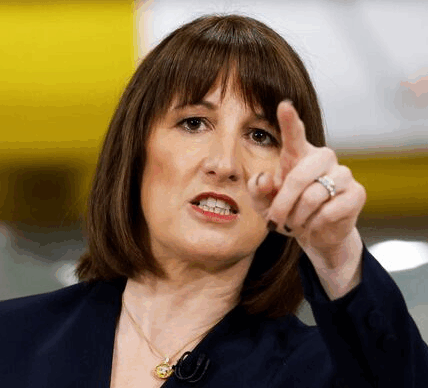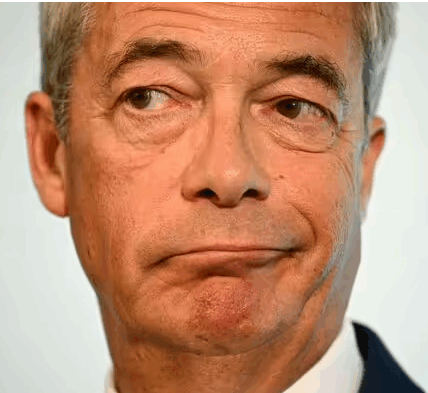Spiralling costs may lead to council tax hikes as “things are very difficult”.
Eight councils in Britain led by Reform UK have hinted at council tax rises next year due to financial challenges. Nigel Farage’s party took control of 10 councils in the May elections, winning a staggering 677 seats – 41% of all seats up for election. Upon the party’s sweeping gains, Mr Farage promised to slash “wasteful” spending by councils across the country, later establishing a ‘DOGE’ unit – based on the US Department of Government Efficiency set up by Elon Musk – to reduce costs.
However, the Reform-led councils are reportedly encountering similar challenges to other local authorities where the cost of social care for children and adults is spiralling. The Times has reported that Durham has proposed axing a scheme which exempts low-income families from paying council tax. In Warwickshire, the party’s deputy council leader, Stephen Shaw, said the aim was to increase the levy by “a bit lower” than the maximum of 4.99%.

A 4.99% rise in council tax is the maximum annual hike allowed (Image: Getty)
In West Northamptonshire, Reform UK council leader Mar Arnull, reportedly said a hike in council tax was “highly likely”.
Reform’s Dan Harrison has proposed a 3% rise in council tax in Leicestershire next year, despite telling councillors last month that his intention is to “reduce” it, according to The Times.
In Worcestershire, a budget consultation includes the option of increasing council tax by up to 10%. In a document, the council said the impact of cost-of-living increases “are equally affecting [the council], presenting us with significant financial challenges”.
John Lawson of Reform UK’s Derbyshire told PoliticsHome that local authorities are in a “straightjacket” regarding council tax. Similarly, Staffordshire council’s Ian Cooper said they are aiming to increase the levy by lower than the maximum amount, but they will “wait and see”.
The Financial Times previously reported that Diane Morton, Kent County Council’s (KCC) cabinet member for adult social care, said local services were “down to the bare bones” and the council needed more money to meet the increase in demand.
“I think it’s going to be 5 per cent,” she said of an expected council tax rise.
However, KCC’s Reform UK leader Linden Kemkaran said that it is “way too early to be having this conversation”.
“We will not be setting the council tax until much further down the line – November at the very earliest,” she said.
“When I came into office I was very clear, I would not be speculating too early on about whether the council tax would have to go up or not… It would be completely irresponsible of me to tell you now.”
A Reform spokesman said: “We’re in the process of fixing the mess, cutting wasteful spending and delivering for value for money as we promised during the election campaign. Reform councils already slashed £100 million worth of waste in their first 100 days, ensuring that any council tax rises are kept as low as possible.
“After years, and in some cases decades, of mismanagement by the Conservatives, the idea that Reform UK was going to turn local councils around in just five months is for the birds, particularly with a Labour national government that financially penalises fiscally responsible local authorities.”



